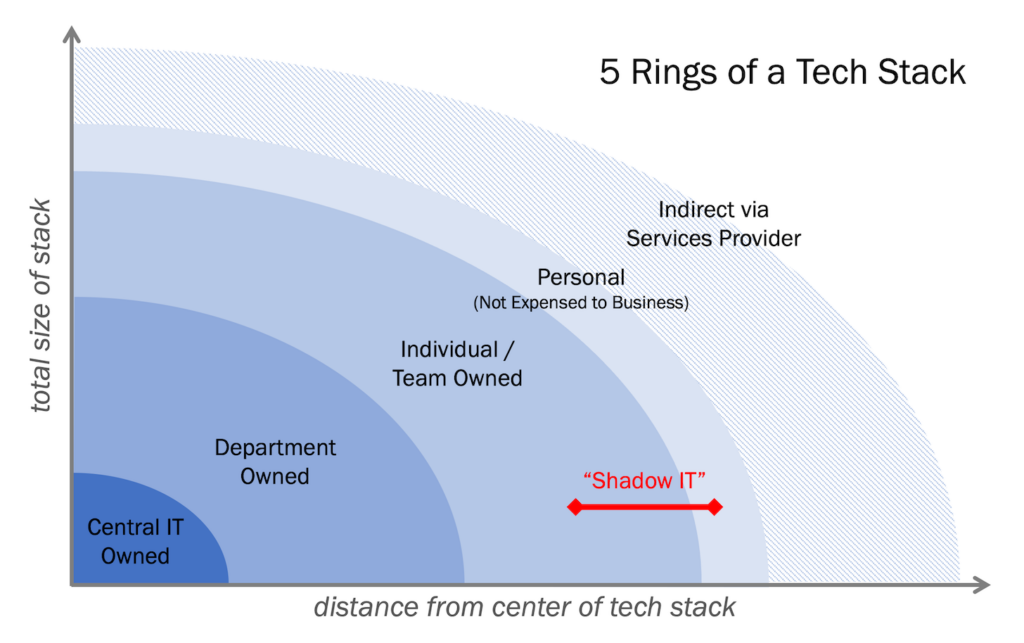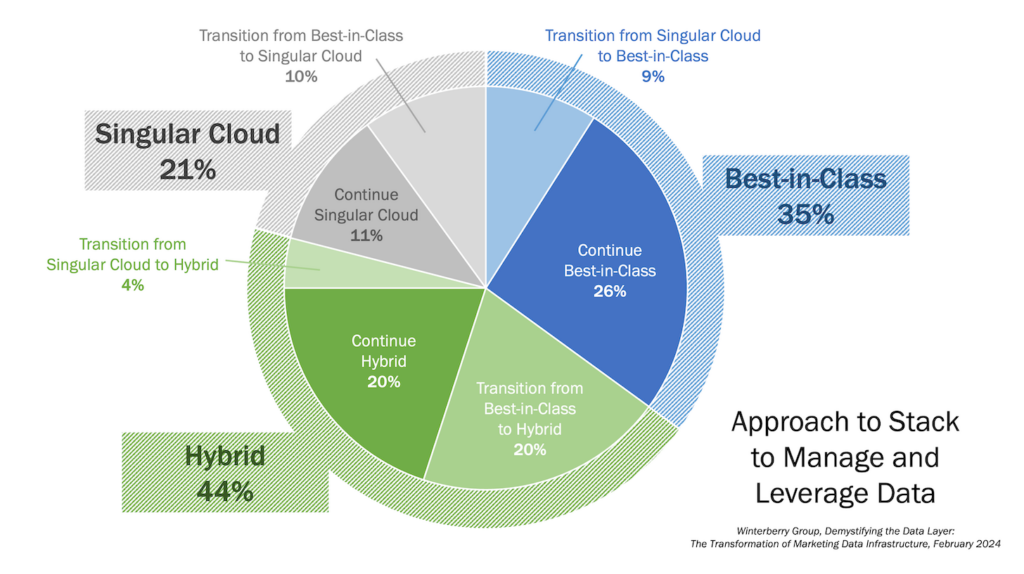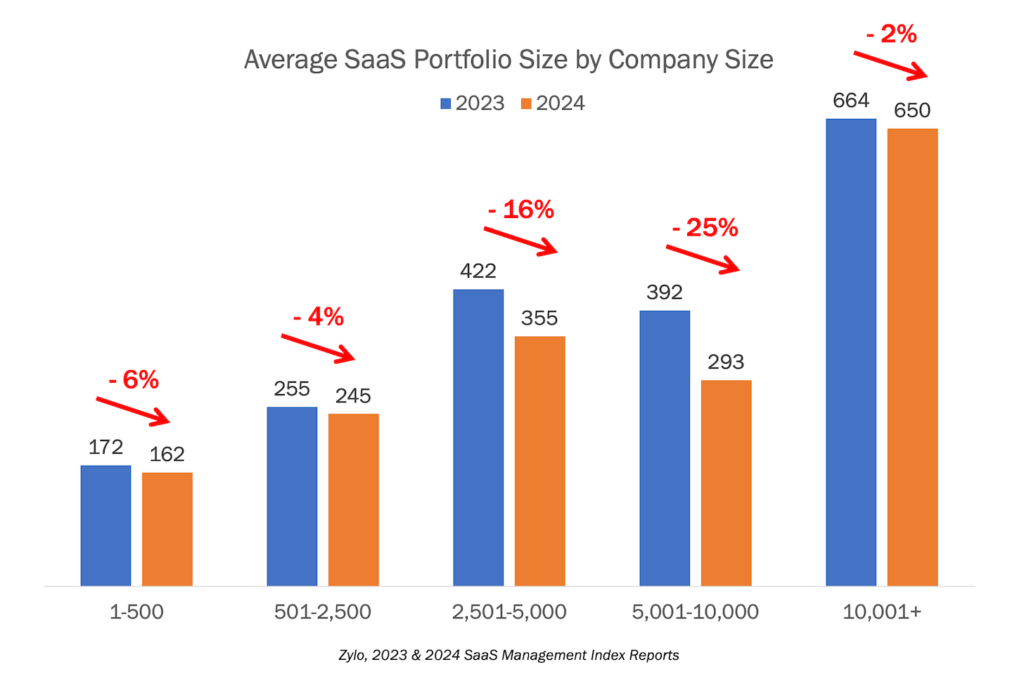Ever since reading that article in The New York Times about Wall Street-like data analysis being applied to Madison Avenue marketing — what I would call computational marketing, as a nod to computational finance — I’ve been searching for more stories about that idea.
It turned into a bit of a nomenclature expedition.
Computational Marketing
A search for “computational marketing” in Google brings back ~1,000 results, with the first page being dominated by a single SEMPO job posting from January 2007 for a computational marketing internship. (“These opportunities are ideal for mathematics, computer science, operation[s] research, statistics or engineer[ing] students”.)
Most of the job description is grunt work that doesn’t seem particularly computational (“growing a list of reciprocal links”, “mailing list discovery and management”, “reverse word of mouth advertising”). What exactly is reverse word of mouth advertising? But then the very last bullet is:
Implementing computational marketing campaigns using distributed architecture
You know, in between rote data entry, have the intern kick that out. Oof. This is a classic argument for why marketing needs a technologist on the management team.
But clearly “computational marketing” has not been a hot term. Bummer, I kind of like it. (Any chance of a rally to make #compmktg a trending topic on Twitter?)
Algorithmic Marketing
So next up I searched for “algorithmic marketing”. A mere 131 hits for that term, although the first page of results has a little more substance. One is remarks from a GigaOM interview with Gail Ennis, Omniture’s SVP of Marketing, where the interviewer asks if customers are ready for sites that optimize themselves. Ennis replies:
Some customers say, “I don’t want the system to do it. I want to control it.” And we love them to do that. Particularly as it gets to the keyword spend, it’s so complicated to try to optimize keyword rules so people are much more reluctant to say, “I’m going to let an algorithm take that over for me.” But some companies, and some marketers within companies, just get it right away: “We’re going to throw everything into that autoserve, let the creative serve up, let the algorithms build.” [At this year’s user conference, Omniture CEO Josh James in his remarks] opened up with this very fact, that algorithmic marketing is ripe for automation right now.
Another is from a Scandinavian (?) company called Poets + Plumbers — isn’t that a great name for a digital marketing agency? — that has a post on digital marketing “micro patterns”. Talking about the different factors that play a role in how people respond to marketing execution (product, price, positioning, message, method, media), especially in a social network, they point out:
One of the most important aspects of new-school marketers is their ability to analyze data and identify consumer response patterns. This will give the marketer the opportunity to analyze data and identify consumer response patterns. This will give the marketer the opportunity to constant[ly] update and [improve] the marketing process. In an online marketing context, this model can be taken to an extreme by integrating the analysis with an automated response system, thereby creating algorithmic marketing. In the algorithmic marketing setup, the choice of message, method and media is constantly switching, depending upon which combination gives the best effect.
Okay, “algorithmic marketing” isn’t yet a widespread term either — but the meaning seems to be heading in the right direction.
Marketing Engineering
My final search was for “marketing engineering” — which somehow sounds less cool to me than the previous terms, so I wasn’t expecting much. Lo and behold, a whopping 210,000 results came back.
The top result is a site called Marketing Engineering, run by two Penn State management professors Gary L. Lilien, who apparently coined the term, and Arvind Rangaswamy. The pair have written a couple of textbooks on the subject, Principles of Marketing Engineering and Marketing Engineering: Computer-Assisted Marketing Analysis and Planning.
However, it appears that a lot of the focus of their vision of marketing engineering predates the web. It includes things like cluster analysis for market segmentation, multinomial logit analysis for customer targeting, conjoint analysis for new product design, etc. But the big picture concept that they’re advocating seems right on:
Several forces are transforming the nature, scope, and structure of the marketing profession. Marketers are seeing increasingly faster changes in the marketplace and are barraged with an ever increasing amount of information. While many view traditional marketing as art and some view it as science, the new marketing increasingly looks like engineering.
Lilien and Rangaswamy’s emphasis is on using software and techniques to help marketers “collect the right information and perform analysis to make better marketing plans, better product designs, and better decisions”. They position marketing engineering as decision support, in contrast to the automated execution implied by algorithmic marketing.
The authors make the first chapter of their Marketing Engineering book available for download free, The Marketing Engineering Approach. It’s a great read, although again, the application of this to state-of-the-art digital marketing is left as an exercise for the reader.
So I’d say “marketing engineering” has the most momentum behind it. But will it make the leap to the new new marketing, or will the term evolve with the discipline?
Are there other names that capture this intersection of marketing and computer science? (Be nice.)
Or is this simply marketing automation?



I like the term Marketing Intelligence – a whopping 27MM results! Although generally I’m not a fan of adding yet another business term to an area flooded with them.
‘Computational’ anything is kind of scary as a term in this space. I have client’s whose eyes glaze over at the mere mention of statistics. There is an appetite for computer controlled decision making – as long as the computer is obviously not ‘creative’ and ‘cool’ so as to not be a threat to the Marketer’s job. Edgy and creative computers that make good business decisions better be masters of office politics 🙂
I also feel like there is a monumental gap in computational sophistication between Interactive Marketing and their mainstream counterparts. Data availability and completeness are partly the reason. Stubborn old traditions are another.
Thinking about it a bit more, Computational Marketing does kind of grow on you. Go and sweep up http://www.computationalmarketing.com while you can!
Hi, Paul.
Marketing intelligence reminds me of the phrase military intelligence, which I associate with an old George Carlin routine. But actually you bring up a good point — a lot of the discipline of business intelligence, with extensive analytics and data mining, is somehow part of this pantheon too.
I know, the proliferation of new terms is somewhat of a scourge in business — heck, my whole blog is an attempt to promote the term “chief marketing technologist” that’s certainly not part of the traditional org chart nomenclature.
But, that being said, I do think new terms can be useful if they help people identify something genuinely new, something that would benefit from a conceptual break from the old language and old thinking.
I think you’re absolutely right that the marketing world has generally been on the opposite end of the spectrum of computing, statistics, mathematical operations research, etc. And that’s been fine because there wasn’t enough of an advantage to deeply, strategically leverage those ideas.
But now it feels like we’re crossing a threshold — with nearly unlimited data storage, cheap and fast global networking, cloud computing available on demand, and a wealth of new APIs directly into advertising networks, social media environments, and a new generation of marketing software applications — that one could could see computationally leveraging all this as a TREMENDOUS advantage.
As I’ve said before, I don’t think every marketer needs to become a computational whiz, but I think more and more, marketing needs to have computational whizs as an integral part of their team and strategic leadership. Not a replacement, but an enhancement.
At some point, that monumental gap you see between interactive marketing and their mainstream counterparts has to close — I’d hazard an educated guess that by now for most companies, whether they acknowledge it or not, online marketing is probably their most influential channel. And if it’s not today, it can’t be too far off in the future.
Fascinating stuff. Thanks for the comment!
I agree with every point you made Scott. The gap has to close. I am banking on it as a big part of my business is bringing a very niche Marketing area – traditional Market Research – kicking and screaming into the new technology space.
I think where you might see some of the early change will be traditional advertising agencies hiring the technologists and whiz kids and selling their skills as a competitive advantage. They have the largest window into the very traditional Marketing space.
I’m all for it.
What about the term “marketing science”? (~1.3 million hits)
For me, marketing as always been a combination of science and art. Science involves the analysis of data, forming hypotheses, testing and adjusting those hypotheses.
A good marketer should constantly be testing and learning to ensure they are maximizing ROI over time, and the scientific method provides a the right framework.